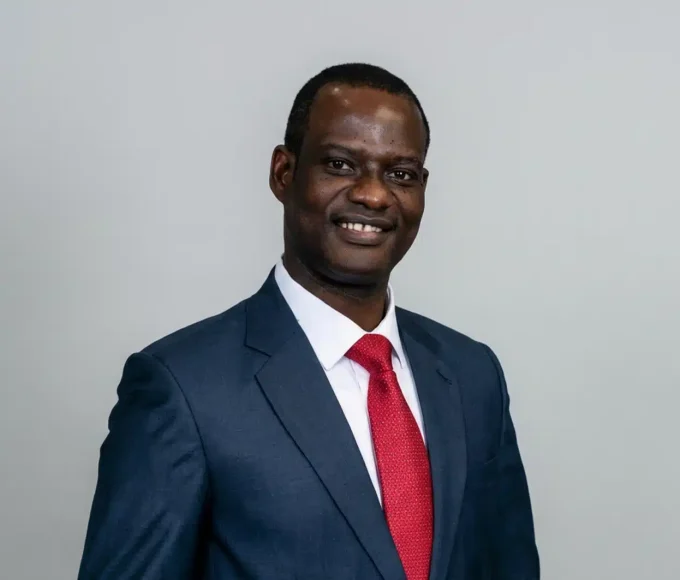
Hardship: Nigerians Lived a ‘Fake Life’ on Subsidy – Tinubu

President Bola Tinubu has described the pre-subsidy removal era as a period of “fake life” that threatened Nigeria’s economic stability, asserting that tough decisions were necessary to avert national collapse.
Tinubu made this known at the 34th and 35th combined convocation ceremonies of the Federal University of Technology, Akure (FUTA), Ondo State, over the weekend.
Represented by the Vice Chancellor of the University of Ilorin, Professor Wahab Egbewole, Tinubu reflected on the challenges his administration faced when it assumed office on May 29, 2023, including a fragile economy weighed down by debt from fuel and dollar subsidies.
He highlighted the removal of the fuel subsidy and the unification of exchange rates as critical measures to stabilise the country.
“The subsidies were meant to support the poor and improve their standard of living, but unfortunately, it was the poor and average Nigerians who bore the brunt of what was supposed to give them succour,” Tinubu said.
The good life we thought we were living was a fake one that could have led the country to a total collapse unless drastic efforts were urgently taken,” he added.
Tinubu emphasised that the his economic policies, though challenging, are already yielding positive results, asserting that Nigeria’s macroeconomic stability is improving and gradually transitioning from a consumption-driven economy to a production-focused one.
Acknowledging the hardship the policies have brought, Tinubu urged Nigerians to remain steadfast, assuring them of better days ahead under the administration.
Despite the claims by the president that the economic policies are already yielding results, Nigerians across the country are grappling with skyrocketing living costs, driven by a hike in fuel prices that has triggered sharp increases in transportation, food, and other essential expenses.
Recently, Manufacturers Association of Nigeria (MAN) expressed deep concern over the ongoing crisis in Nigeria’s manufacturing sector, attributing significant losses to the government’s decision to float the naira in 2023.
Read More:
- Like Zambia, Zimbabwe Turns To Coal, Begins Construction Of 720MW Thermal Power Plant Amid Hydropower Crisis
- Military and Customs brutalised Badagry residents mistook for media informant
About The Author
Related Articles
Tinubu Deducts N100bn Monthly From Federation Account Without Approval El-Rufai Alleges Says Action Deserves Impeachment
Former Kaduna State Governor Nasir El-Rufai has launched a blistering attack on...
ByWest Africa WeeklyJanuary 26, 2026After Taiwo Oyedele’s Denials, Lagos State Activates ‘Power of Substitution’ Under Tinubu-Altered Tax Law, Allowing Authorities to Redirect Payments Without Court Orders
Lagos State has moved to activate a controversial enforcement provision in the...
ByWest Africa WeeklyJanuary 26, 2026Ivory Coast to Buy Unsold Cocoa to Support Farmers
Ivory Coast has announced a government plan to purchase unsold cocoa stock...
ByWest Africa WeeklyJanuary 23, 2026Ghana Moves to Reclaim Kwame Nkrumah’s Former Residence in Guinea
Ghana has embarked on a diplomatic and cultural initiative to reclaim the...
ByWest Africa WeeklyJanuary 23, 2026












Leave a comment